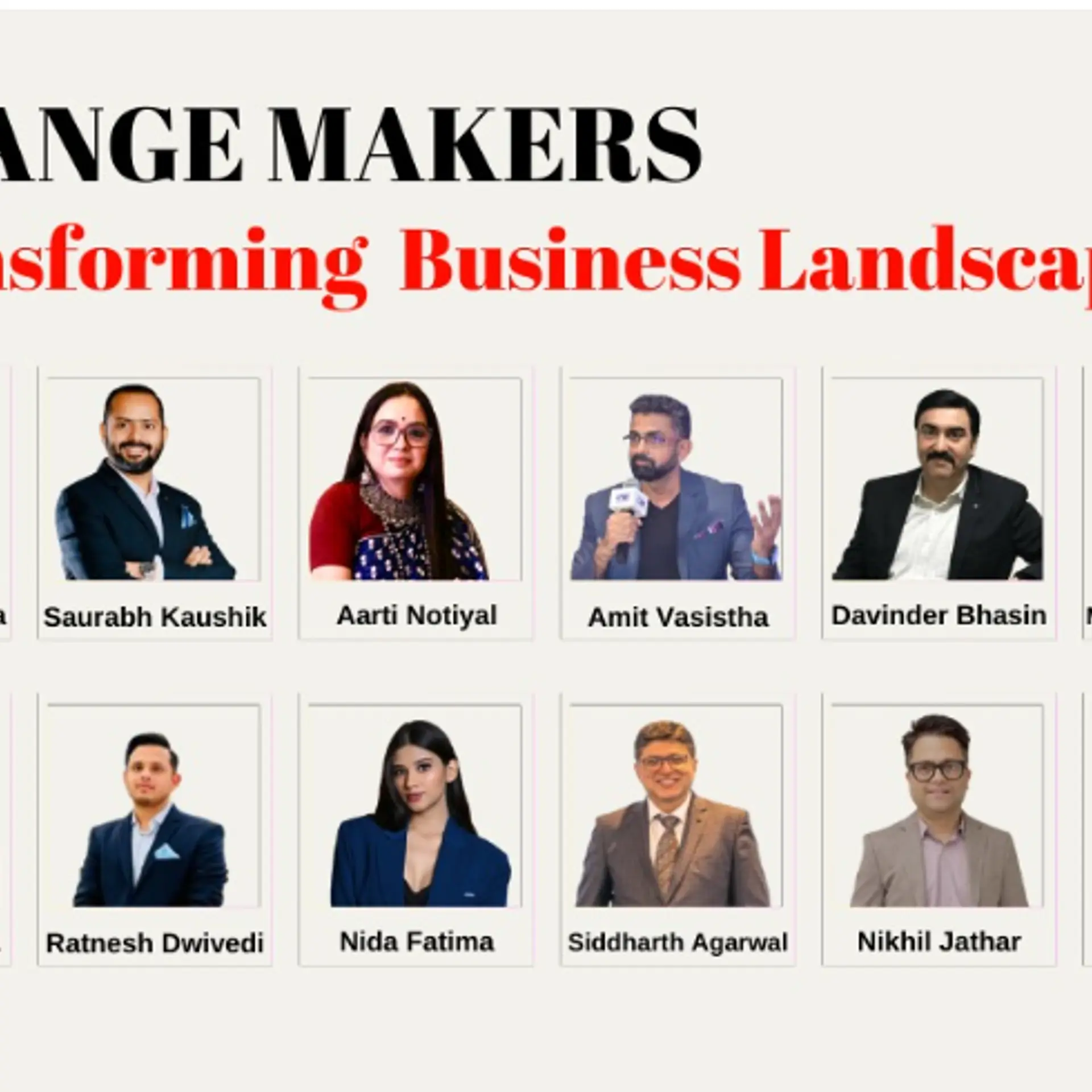YS Exclusive : Mr. Rajdeep Sahrawat, Vice President, NASSCOM on Entrepreneurship, Product Technology and Innovation
Friday January 22, 2010 , 5 min Read

YS: How do you see the technology, in particular product technology space shaping up in India?
Rajdeep Sahrawat : A 'pure' product firm is one who owns the product brand and not necessarily who creates the product. India is home to a large number of product firms whose products have limited reach, both nationally and internationally, and have not scaled up. Conversely, Indian IT services firms participate in the creation of a large number of products which have a global scale.
This is a strange dichotomy of the Indian product technology space. Building a product brand takes an enormous amount of investment in sales & marketing and patience. Given the relative young age of the Indian IT industry, we need to be patient. On the other hand, a large number of globally successful products are being created in India. This is building a strong capability set within India in product specific skills as product architecture, design etc. Over a period, some of these specialists will turn into entrepreneurs and initiate product start-ups. We also must be cognizant even the Indian IT services firms are moving away from the earlier 'work-for-hire' service model and creating large amount of Intellectual Property (IP) which is not being productized, yet is being deployed in delivering large complex end-to-end solutions.
YS: What are the Key drivers of technological innovations currently?
Rajdeep Sahrawat: In the IT domain, uniqueness of technology underpins most successful products. Any technology which is commonly available is commoditized. From the innovation perspective, the innovation can either be 'new to the world' innovation or 'new to the market' innovation. As an IT ecosystem, there is an increasingly sophisticated technology innovations being created in India. Traditionally we have been good at 'new to the market' innovations wherein global technologies were customized for the local markets. While we still lag behind the other mature ecosystems when it comes to 'new to the world' innovations, the increasing sophistications of technology innovations by Indian firms, large & small, augurs well for India. I am very confident that in some of the problems which are unique to India e.g. healthcare, financial inclusion, public services etc, technology innovations for the global markets will get created primarily in India.
YS: Product technology involves huge investment in terms of time and resources, are we prepared to deal with the requirements?
Rajdeep Sahrawat: The traditional model of product development does require huge investment in terms of time and resources. However, the on-premise license fee model of software products is perhaps reaching the end of its life-cycle. New technology platforms like cloud computing, Software as a service, Web2.0 will lead to the product moving away from the user PC/server to reside somewhere in the cloud. Technology development platforms like Amazon's EC3, Android etc available to startups will also lower the cost of development. Hence the future models of product development will not be predicated on past models.
YS: Please elaborate on the role of Nasscom in shaping up this space
Rajdeep Sahrawat : NASSCOM has been driving the innovation agenda for the IT industry for quite some time now. Established NASSCOM platforms like the NASSCOM Innovation Award have had a huge impact in highlighting examples of successful technology innovation in India which have a catalytic impact on motivating other entrepreneurs. NASSCOM has also recently launched the India Innovation Fund in collaboration with IKP Knowledge Park. The India Innovation Fund is a Rs 100 crore early stage fund focused on technology startups in emerging technologies. TCS, Airtel, IKP Knowledge Park Trust, Department of Science & Technology are the anchor investors. NASSCOM also has a Product Forum which mentors start-up product firms and provides networking support through events and research.
YS: Your view on the key trends which will evolve in the Indian entrepreneurial space?
Rajdeep Sahrawat :There is already an increasing trend of entrepreneurs focusing on deep technology innovations instead of mere services or commodity technologies like portals etc. As the ecosystem matures and challenges like availability of risk capital at early stage, linkages with larger firms etc start getting addressed, the propensity of the entrepreneurs to take more risks over a longer time horizon will increase leading to more 'new-to-the-world' innovations from India. In the NASSCOM Innovation Award initiative, we have observed a substantial increase in the quality of innovations.
YS: Your personal experience over the years, how do you see the growth?
Rajdeep Sahrawat : I have been part of the industry since 1990 and have had a ring side view of the evolution of the industry from a project based services model to the IP intensive solution model prevalent today. Contrary to popular perception that the IT industry does not innovate, the offshore outsourcing model pioneered by the Indian IT firms was perhaps the most disruptive innovation in the global IT services industry. The Indian IT firms have continued to innovate and over the last decade (post Y2K) extended the offshore outsourcing model into new services like BPO, Engineering Services, and Outsourced R&D etc. As the innovation intensity of the industry increases and IP becomes a key force multiplier, I am confident that the best is yet to come for the Indian IT industry.
YS: Last but not the least, please share with us your advice to the startups
Rajdeep Sahrawat : Focus on 'new to the world' innovations rather than 'me-to' products. Aspire for scale as innovations & products designed for a scale of millions versus thousands need a completely different architecture and features. Change the game itself rather than follow the rules of the games.






